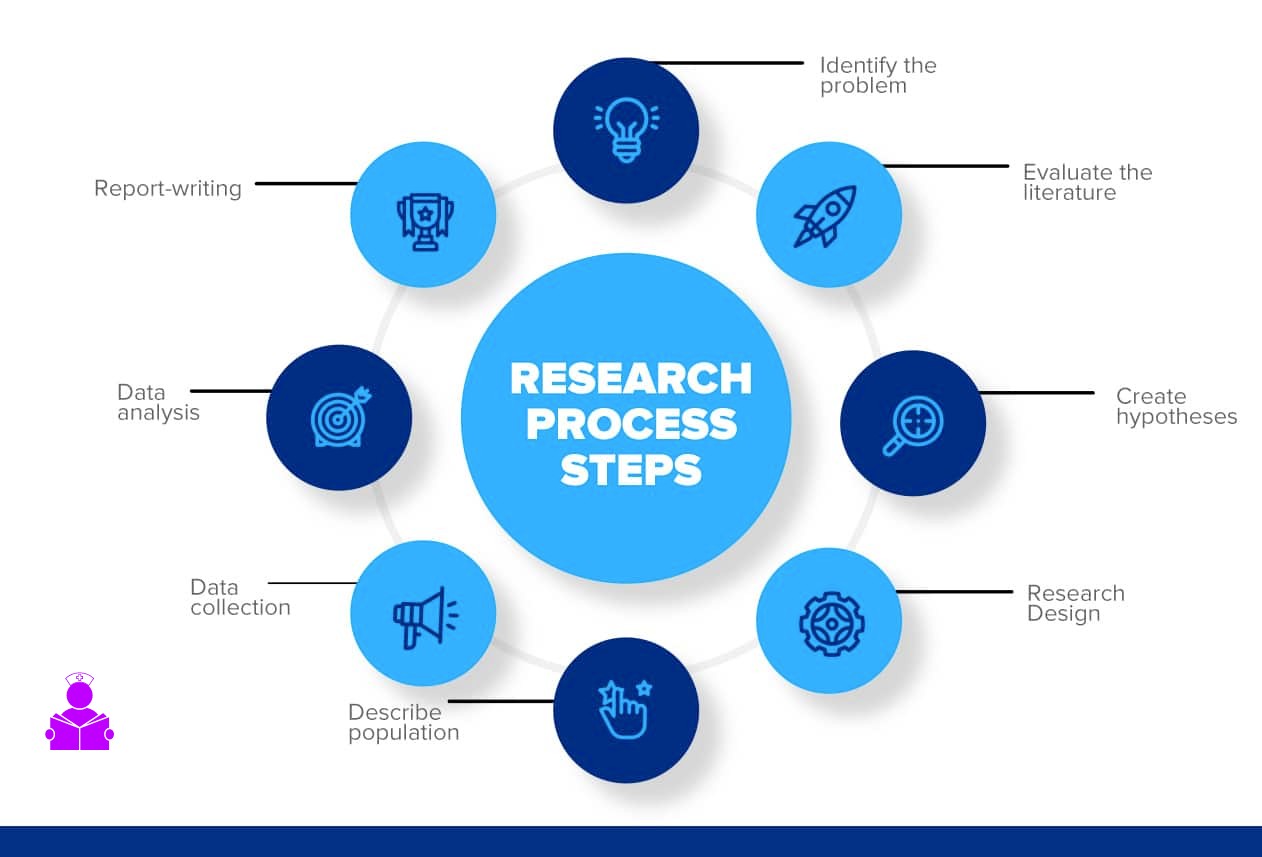Introduction
Buy your first car is an exciting milestone, but it can likewise be a daunting experience if you’re unsure of where to start. With myriad options available and numerous factors to consider, it’s easy to feel overwhelmed. This guide will take you through eight essential steps to will help you make an informed decision, will ensure that your first car buying experience is both successful and enjoyable.
1. Assess your needs
The first step in purchase a car is identified your specific needs. Consider the following questions:
- What’s the primary purpose of the vehicle? Commuting, family trips, or weekend adventures?
- How many passengers will you typically will carry?
- What type of driving will you do about frequently? City, highway, or off-road?
- What are your must-have features? Consider safety, fuel efficiency, and technology.
Understand your needs will help will narrow down your options, make the decision make process smoother.
2. Set a budget
Establish a realistic budget is crucial. Consider both the upfront costs and ongoing expenses such as fuel, insurance, maintenance, and taxes. It’s mostly advisable to spend no more than 15 % of your monthly income on car payments. Remember, a higher upfront cost vehicle might save you money in the long run if it’s more fuel efficient or reliable.
3. Research and compare
Once you have a budget and list of needs, research different makes and models that fit your criteria. Utilize online resources like car review websites and consumer reports to compare features, reliability ratings, and resale values. Don’t forget to check for any manufacturer incentives or rebates that might be available.
4. Consider new vs. Use
Decide whether buy new or use is the best option for you. New cars come with warranties and the latest features, but depreciate promptly. Used cars are more affordable and may hold their value advantageously, but could come with hidden issues. Certified pre own vehicles can offer a middle ground with some of the benefits of new cars at a lower price.
 Source: extremecarstrucks.com
Source: extremecarstrucks.com 5. Secure financing
Before visit dealerships, explore financing options. Check interest rates from banks, credit unions, and online lenders to secure the best deal. Having pre-approve financing can give you a better negotiating position and help you stay within budget.
 Source: automaxfiat.com.br
Source: automaxfiat.com.br 6. Visit dealerships and test drive
With a shortlist of potential vehicles and financing in hand, visit dealerships to see the cars in person. Test-driving is a crucial step — pay attention to comfort, handling, and visibility. Don’t rush this process; take the time to ensure the car meet your expectations and feel right for you.
7. Negotiate the price
Once you’ve ddecidedon a car, it’s time to negotiate. Be inform about the fair market value of the vehicle by use resources like Kelley blue book or Edmund. Be prepared to walk out if the deal iisn’tright for you — dealerships much have room to negotiate.
8. Close the deal and paperwork
Cautiously review all paperwork before sign. Understand the terms of any warranties, return policies, and insurance requirements. Ensure all agree upon terms are in writing. Once everything is in order, you can confidently close the deal and drive aside in your new car.
Real life example
Consider the story of Emily, a recent college graduate who follow these eight steps when purchase her first car. She starts by assess her need for a reliable commuter vehicle. With a strict budget in mind, she diligentlyresearchesh compact cars and find a certified pre oHonda Civicvic that fit her requirements. By secupre-approvedved financing, she was able to negotiate a favorable deal and confidently complete her purchasEmily’s ’s experience highlight the importance of preparation and research in make a smart car buying decision.
Conclusion
Buy your first car doesn’t have to be stressful. By follow these eight steps, you can approach the process with confidence and clarity. Remember, the key is preparation — understand your needs, research exhaustively, and being financially prepare. Arm with this knowledge, you’re intimately on your way to find the perfect vehicle for your lifestyle. For more information, consider visit automotive forums, attend car shows, and consult with car savvy friends or family. Happy car hunting!